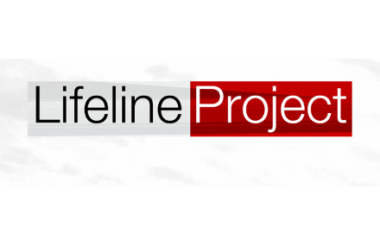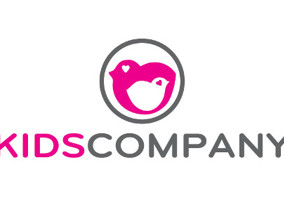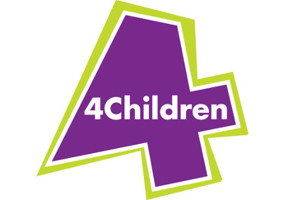A leading drug and alcohol charity Lifeline Project, which was heavily reliant on income from public sector contracts, is in the process of shutting down and transferring “many” services to another charity.
The Guardian reports that the charity’s 1,300 staff were informed yesterday that not all of its work was likely to continue.
Many of the charity’s services are being taken on by Change Grow Live from 1 June. The Charity Commission is also engaging with the charity.
Lifeline Project’s website is currently offline and it has not yet filed insolvency documents with Companies House.
Reliant on contracts
Manchester-based Lifeline Project was set up in 1971 and operates across England. Its income has risen quickly in recent years; from £20m in 2012 to just over £60m in 2016.
Almost all its income was in the form of contracts to deliver substance misuse services. It had a small amount of grant income, including from the Elton John Foundation and Big Lottery Fund.
The trustees’ annual report for the year ending March 2016 notes that most of its income comes from statutory sources, “and as such reductions to funding in this sector represent a major financial risk”.
“Lifeline operates in in a competitive commissioning environment and has invested significantly to increase capacity to meet these future challenges.”
Total reserves at 31 March 2016 were £6.3m, £84,000 of which was restricted. This was double the charity’s target of a £3m reserve pot.
But with an expenditure of £60m, reserves of £6m would only have covered 10 per cent of the charity’s annual spending – or just five weeks.
Its staff costs were £38.4m for the year and six members of staff were earning more than £60,000. It employed nearly 1,500 people, with vast majority connected to ‘project activities’.
The Charity Commission’s guidance on reserves does not stipulate how much reserves charities should hold, but requires trustees to "regularly monitor and review the effectiveness of the policy in the light of the changing funding and financial climate and other risks”.
Another charity steps in
Change Grow Live, which was formerly known as Crime Reduction Initiatives, has said it will take on “many” of Lifeline Project’s services.
In a statement, CGL said: “Taking on this challenge allows these services to continue to exist without withdrawing vital treatment and support, ensuring that the minimum possible risk is caused to service users’ lives.
“Service users can expect the same level of treatment and care. Referrals can continue as normal and contact details for services will stay the same for the time being.
“Information for Lifeline staff transferring to CGL will be provided via the staff transfer website. Please speak to your service manager or email [email protected] if you do not have access to this.
“If you have any concerns or questions please email [email protected].”
From Charity Finance magazine
Charity Commission statement
The Charity Commission said it is working with the charity.
David Holdsworth, chief operating officer at the Charity Commission, said: “We are sad to hear of the charity’s planned closure, though note that the trustees have worked to ensure that the majority of its services will continue and that the impact on beneficiaries and staff is managed and minimised.
“In the meantime, we are engaged with the charity and its trustees, both to assess the events that have led up to this outcome, and to ensure that trustees fulfil their duties and responsibilities in winding the charity up and passing its services to another charity.
“This case highlights the need for tight financial management and oversight by charity trustees, and the importance of following our guidance on managing charity assets and resources.”











